Congressional Reccomendations Over Natural Products in P.R Fall on Deaf Ear
A report issued by the Congressional Task Force on Economic Growth in Puerto Rico recommended giving more time to the local Department of Health (DH) to hold public hearings for the development of adequate regulation to oversee the natural products and dietary supplements industry.
However, the previous Health Secretary, Ana Rius, didn’t schedule these hearings nor did she mention them in the DH transition report she handed over to the new administration. Likewise, the current Health Secretary, Rafael Rodríguez Mercado, did not answer requests for interview from NotiCel to discuss the issue.
The proposed regulation would replace the DH’s Administrative Order 346, which was placed under a 120 day moratorium the 23 rd of September of last year. This was done to give way to the creation of said regulation for which the agency pledged to hold public hearings in a letter Rius sent to the Task Force.
Alongside, the DH’s Auxiliary Secretariat for the Regulation and Accreditation of Health Facilities (SARAFS for its Spanish acronym) was supposed to develop regulation to give way to the establishment of public policy about the manufacturing and distribution of natural products, and dietary supplements.
However, the moratorium is due to expire the 21 st of January, for which reason secretary Rodríguez Mercado would have the option of either giving the order some form of continuity or disposing of it.
The Task Force’s evaluation over Administrative order 346 was included within the PROMESA law, after lobbying groups and some congressmen directed their efforts towards revoking the statute.
Congressional evaluation over Administrative Order 346 started as an amendment included within PROMESA. Initially, however, efforts from lobbying groups and congressmen were directed towards revoking the statute.
According to the DH, the Administrative Order was approved to create a register of natural products with detailed information on quality control, labeling, publicity, and a lab certified analysis. But it was also widely criticized for imposing a $25 fee for importing each natural product unit, regardless of dimensions or content.
This was viewed as a form of taxation from the Natural Products Association (NPA) and the Council for Responsible Nutrition (CRN). A few days after the DH introduced the statute, both NPA and CRN sent letters to members of Congress requesting the immediate repeal of the order. Both groups argued it would increase prices for natural products in the Island as well as distribution costs for suppliers located in the mainland.
They also accused the DH of approving such a measure to provide additional income to the agency in the midst of the government’s fiscal crisis. Shortly after the moratorium was decreed, Rius denied the order was established for this purpose.
Notwithstanding, she insisted the objective of this statute was to establish quality control measures and attend labeling issues with imported products, some of which are neither in Spanish nor English.
For his part, Norman Marchand, a naturopathic physician, agreed with Rius over the need to regulate labeling since, he assured, more products are coming into the market every day that don’t comply with federal standards in terms of labels. On the other hand, he also assured the imposition of a fee to each unit of product puts an additional load on the natural products sector, for which reason he deemed it an unnecessary tax.
Popular ahora

Bienvenido a Noticel
Empieza a crear una cuenta
Verificación de cuenta
Te enviaremos un correo electrónico con un enlace para verificar tu cuenta. Si no lo ves, revisa tu carpeta de correo no deseado y confirma que tienes una cuenta vinculada a ese correo.
Has olvidado tu contraseña
Introduce el correo electrónico de tu cuenta y te enviaremos un enlace para restablecer la contraseña.
Has olvidado tu contraseña
Le hemos enviado un correo electrónico a {{ email }} con un enlace para restablecer su contraseña. Si no lo ve, revise su carpeta de correo no deseado y confírmeme que tiene una cuenta vinculada a ese correo electrónico.
Personaliza tu feed
Verifica que tu dirección de correo electrónico sea correcta. Una vez completado el cambio, utiliza este correo electrónico para iniciar sesión y administrar tu perfil.
Elige tus temas
- Deportes
- Economía
- El Tiempo
- Entretenimiento
- Más
- Noticias
- Opiniones
- Última Hora
- Vida y Bienestar
- Videos y Fotos

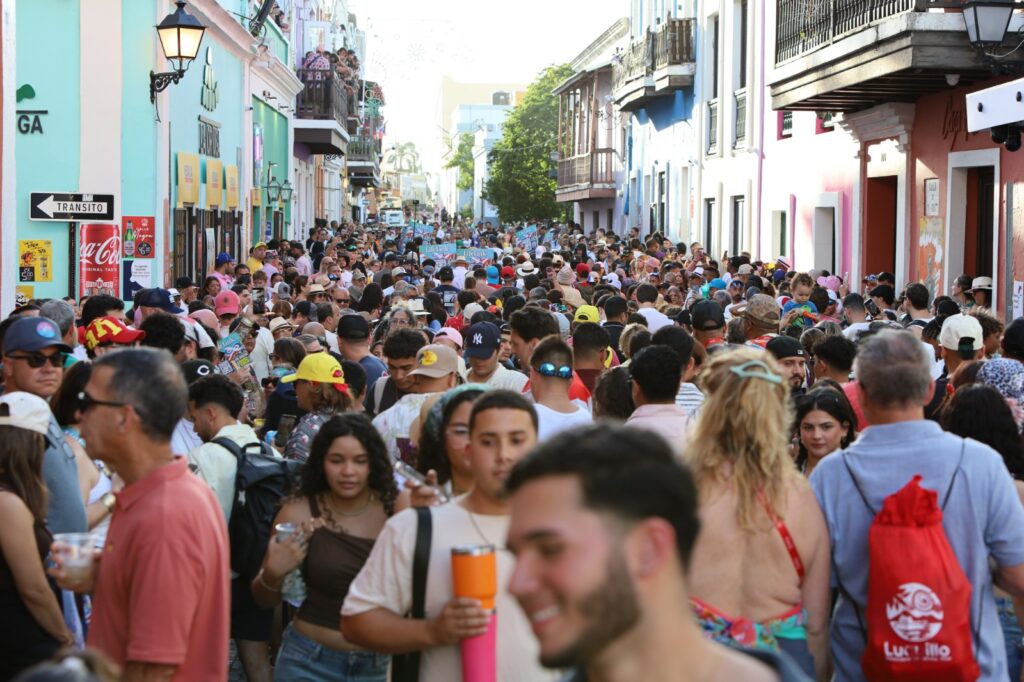

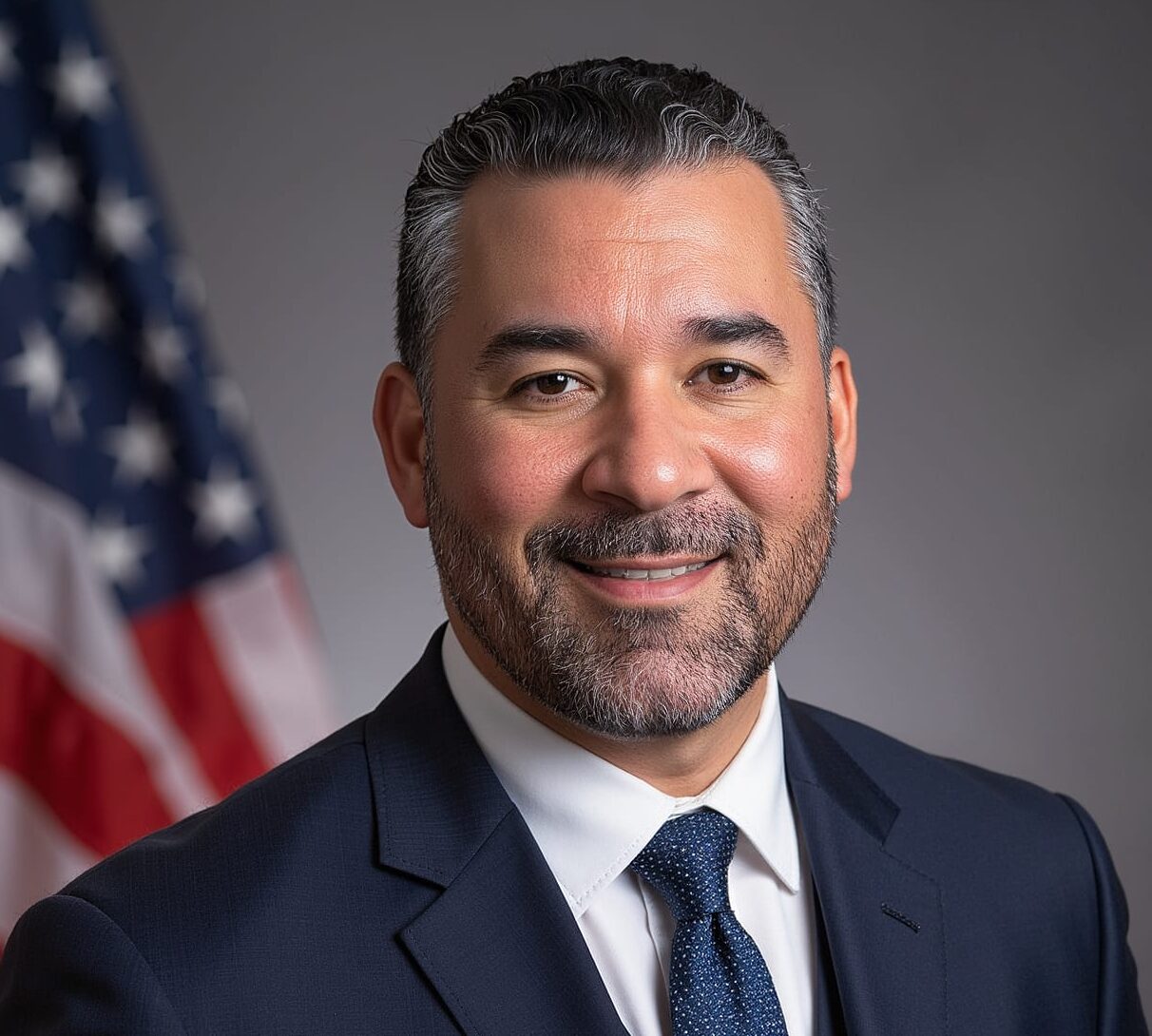



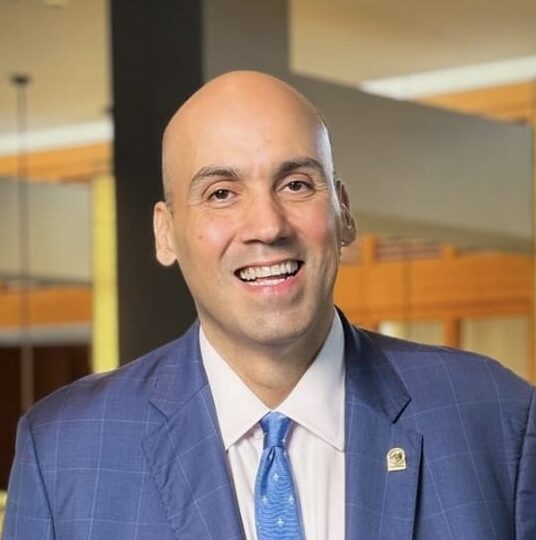
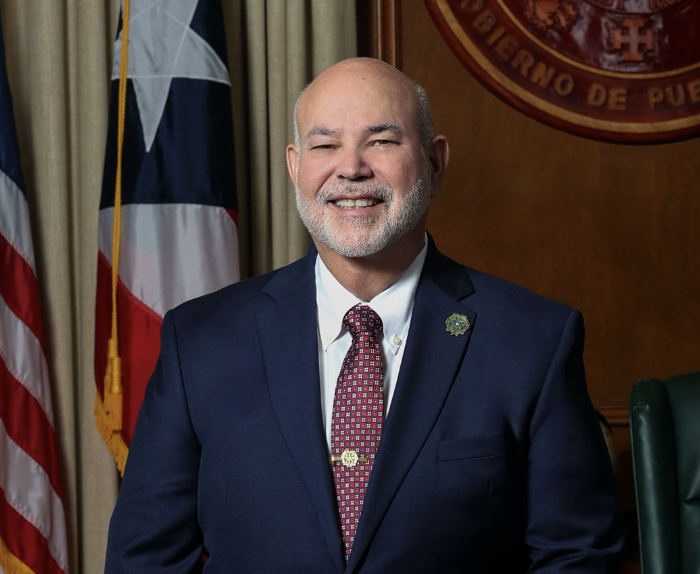

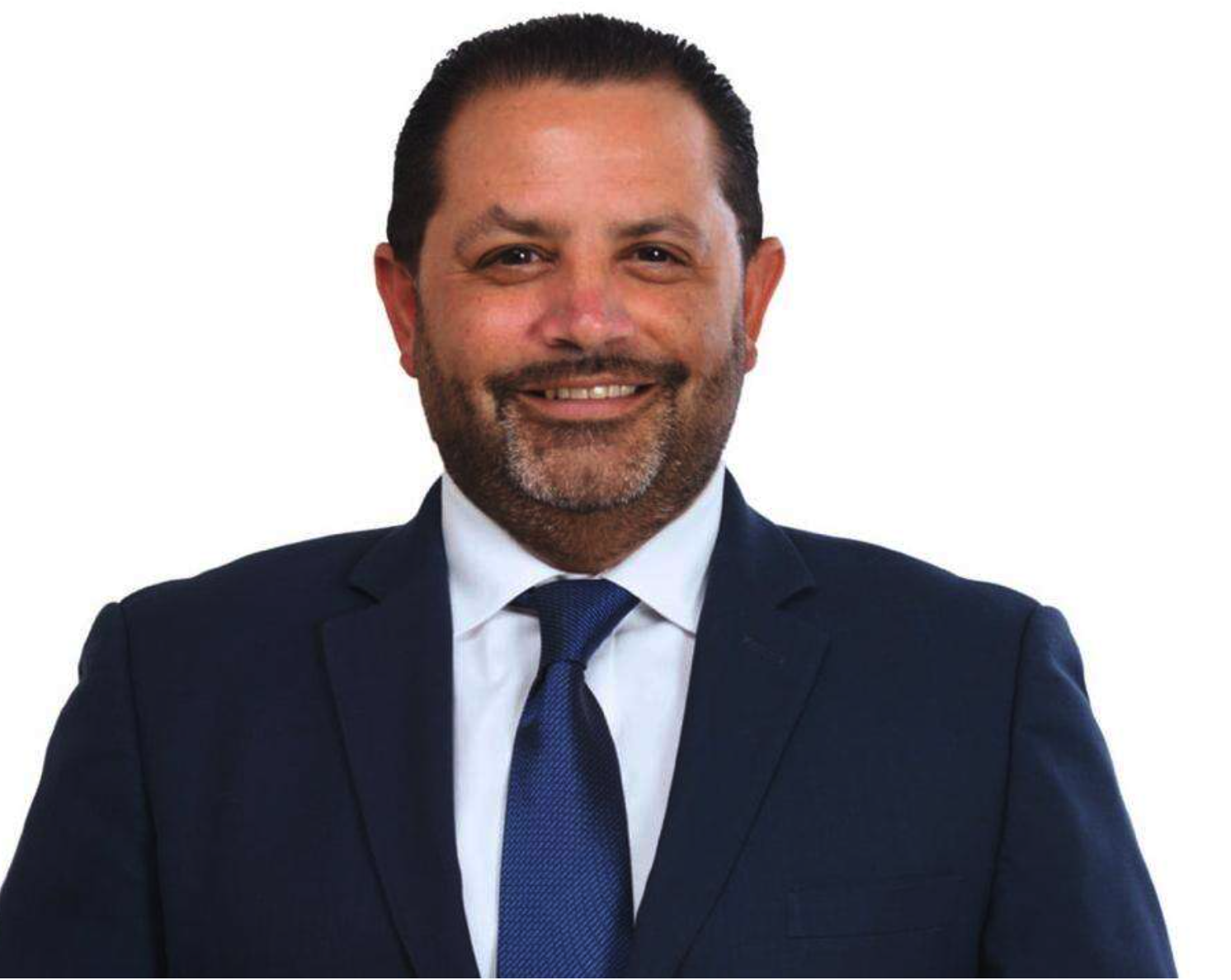

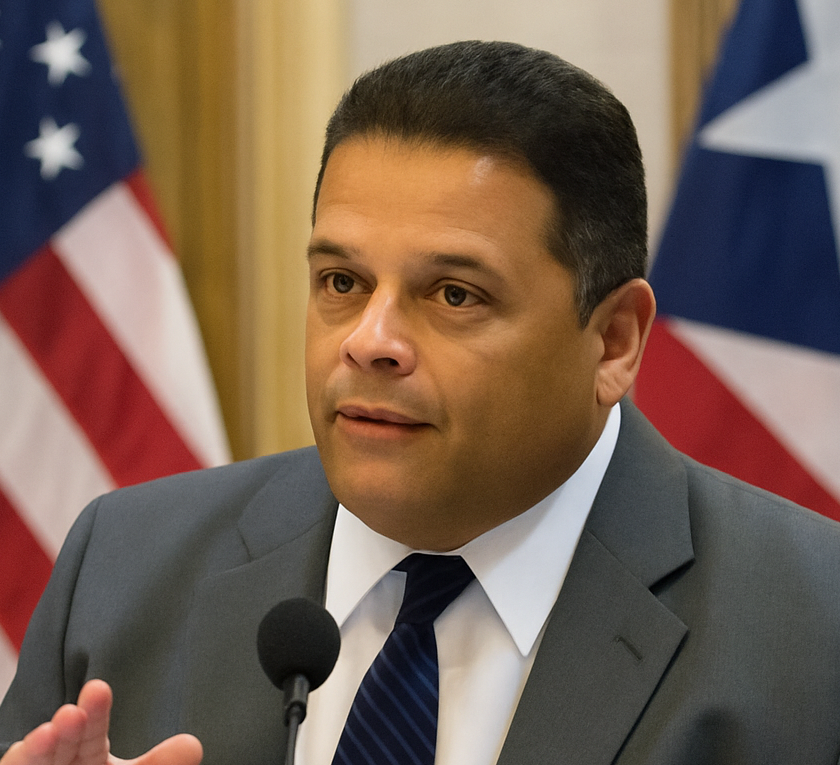






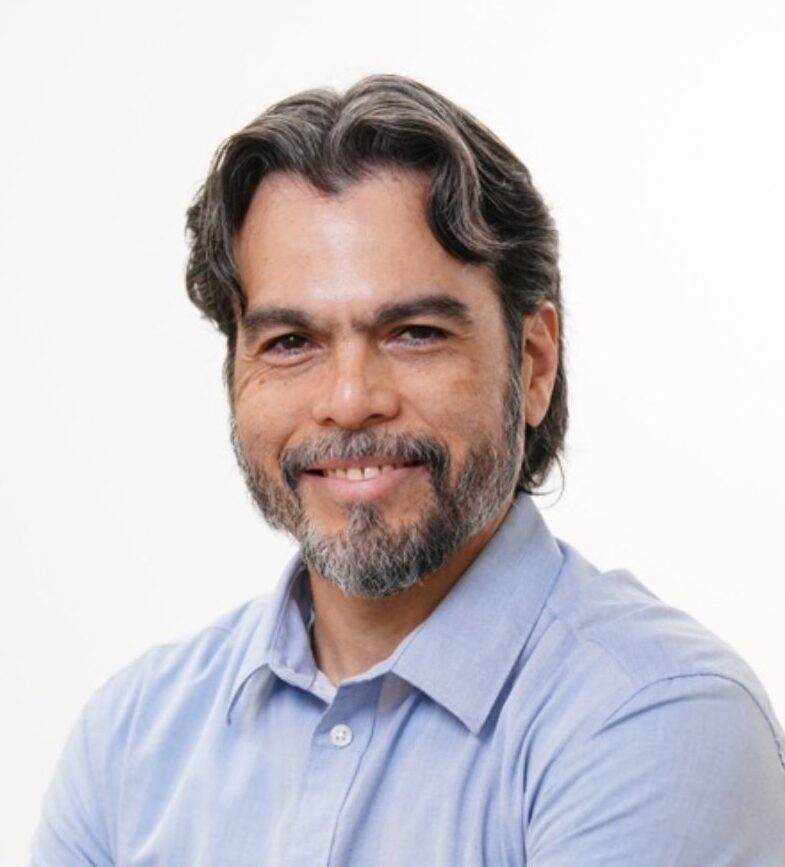
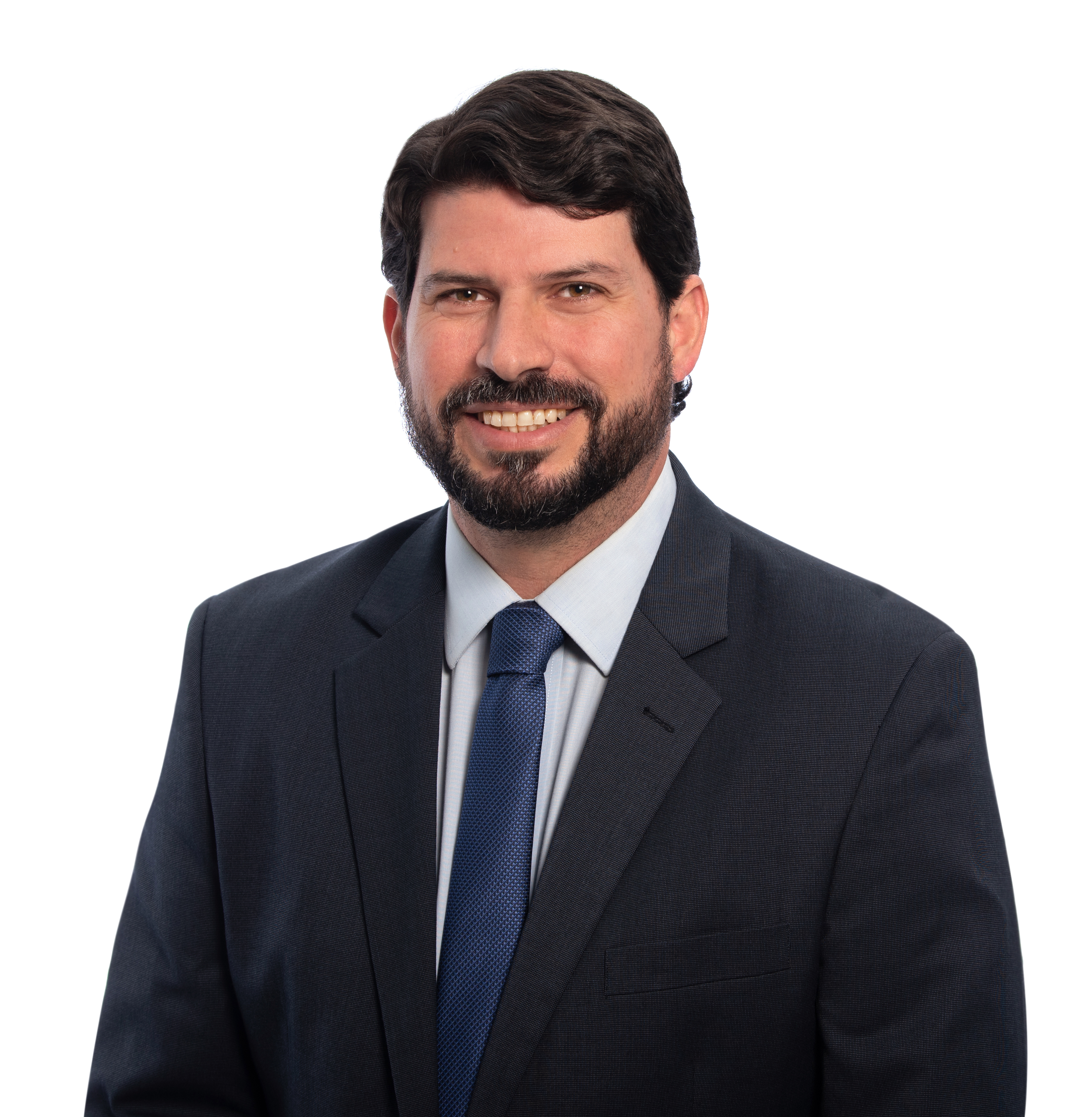


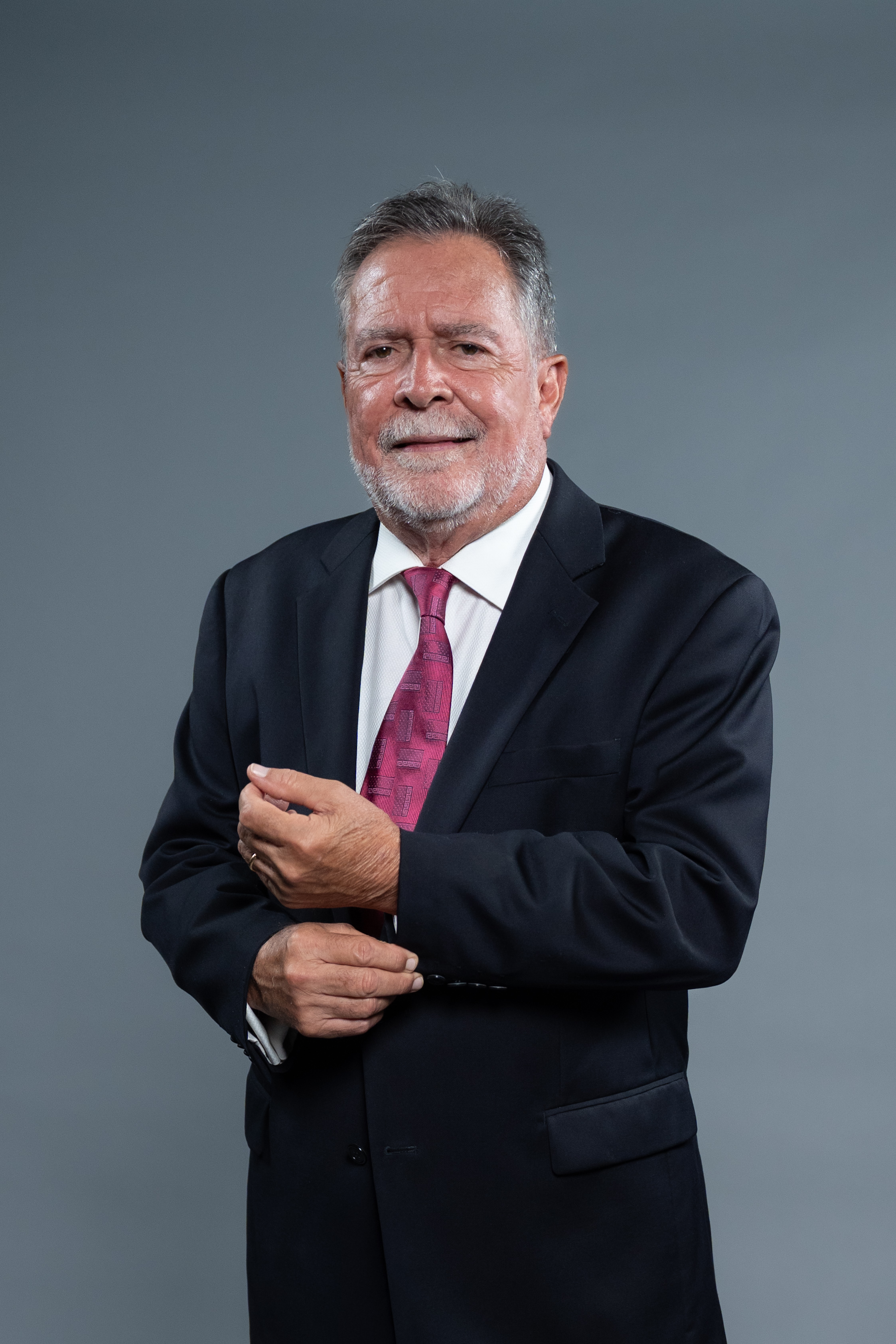
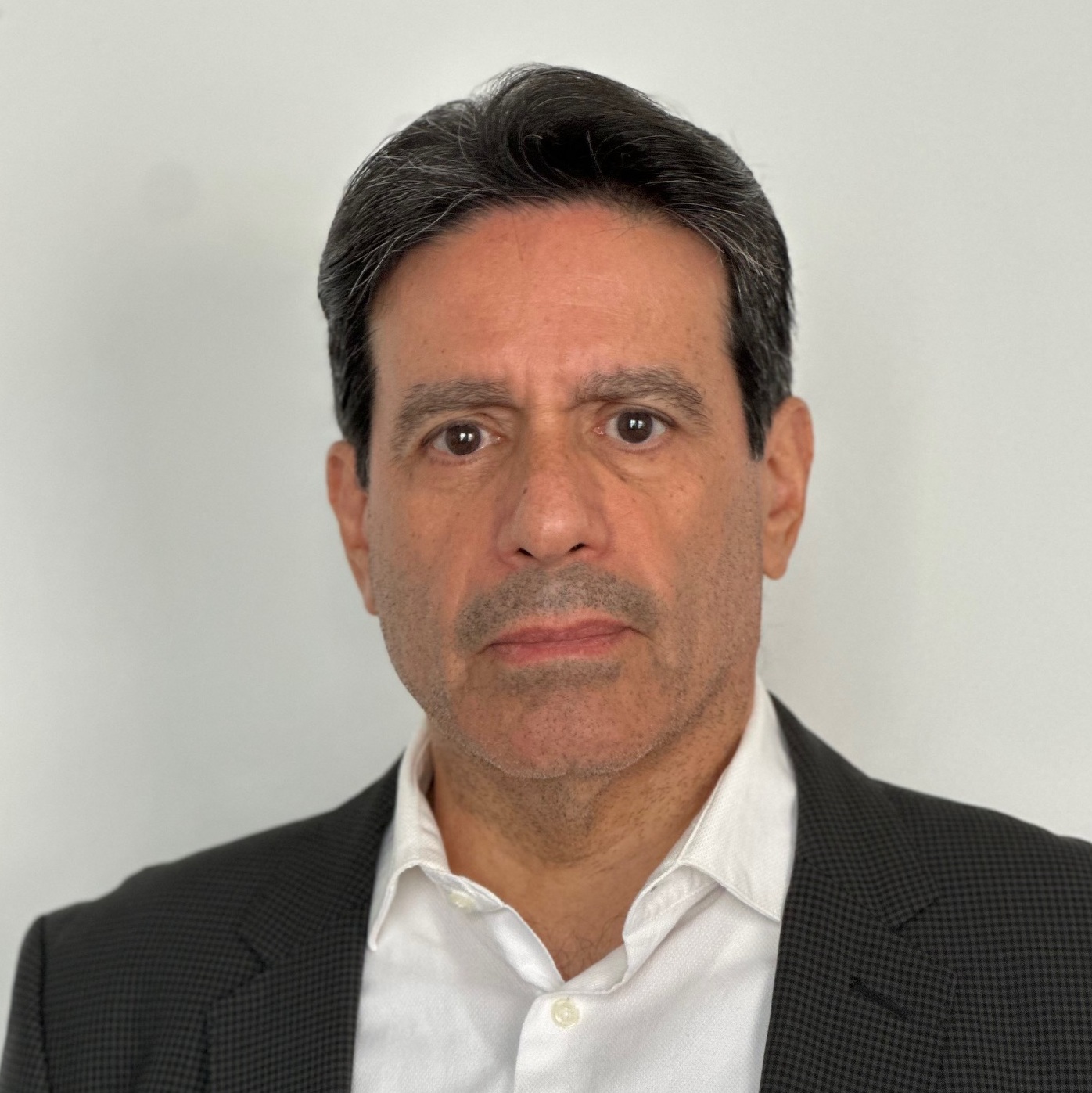


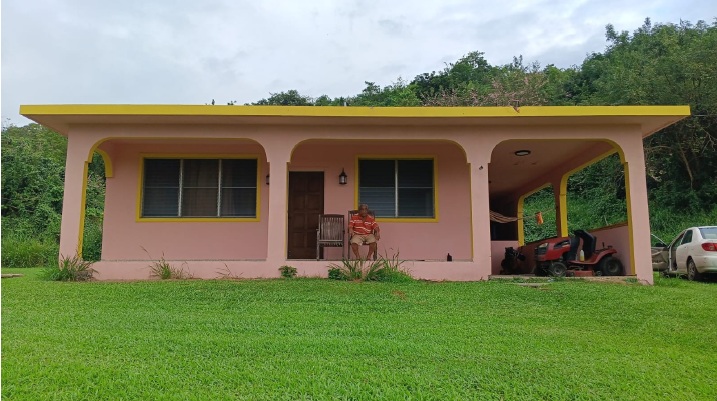

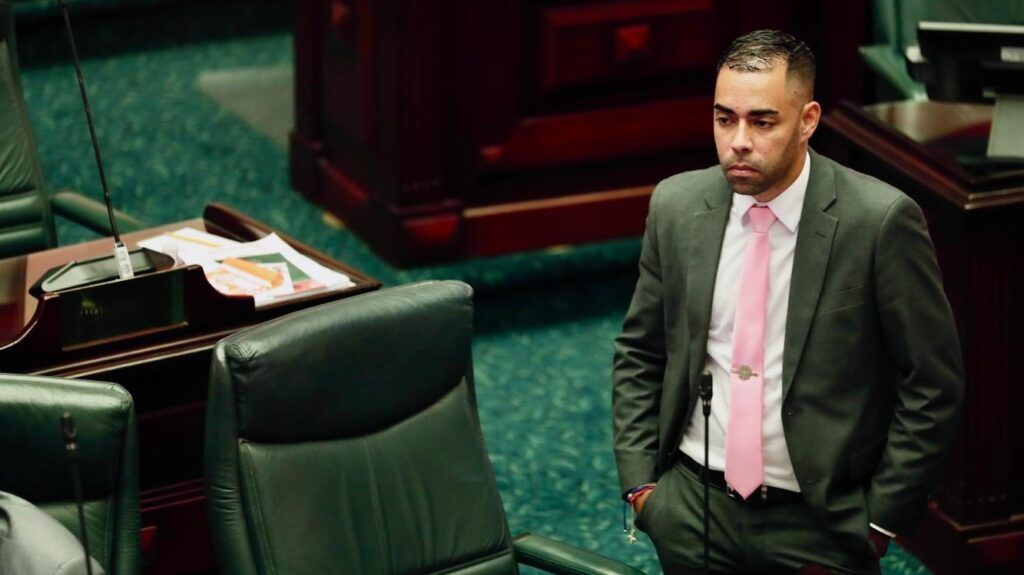


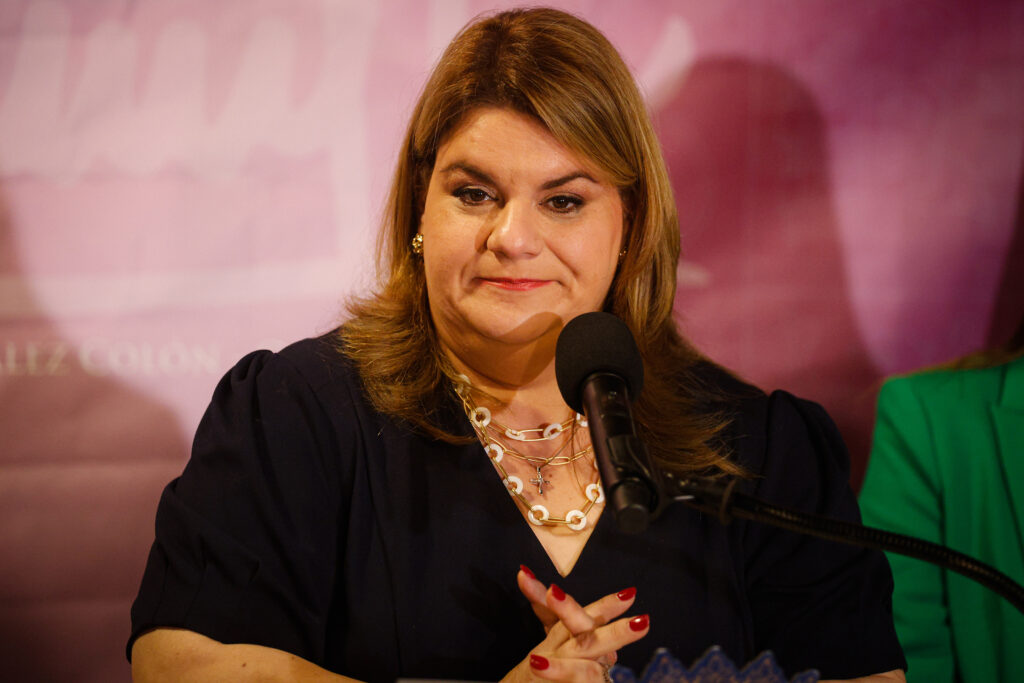

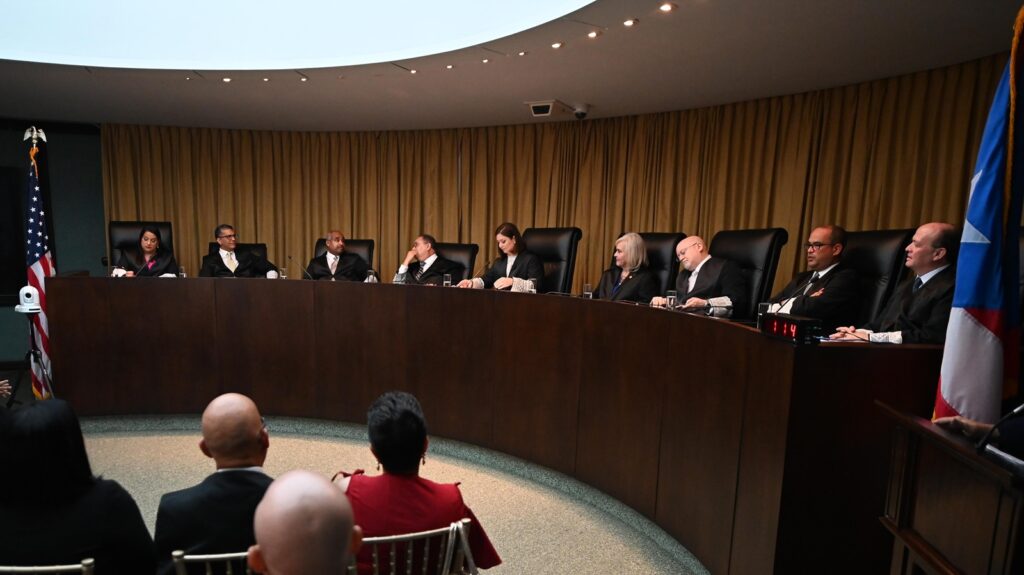
Comentarios {{ comments_count }}
Añadir comentario{{ child.content }}